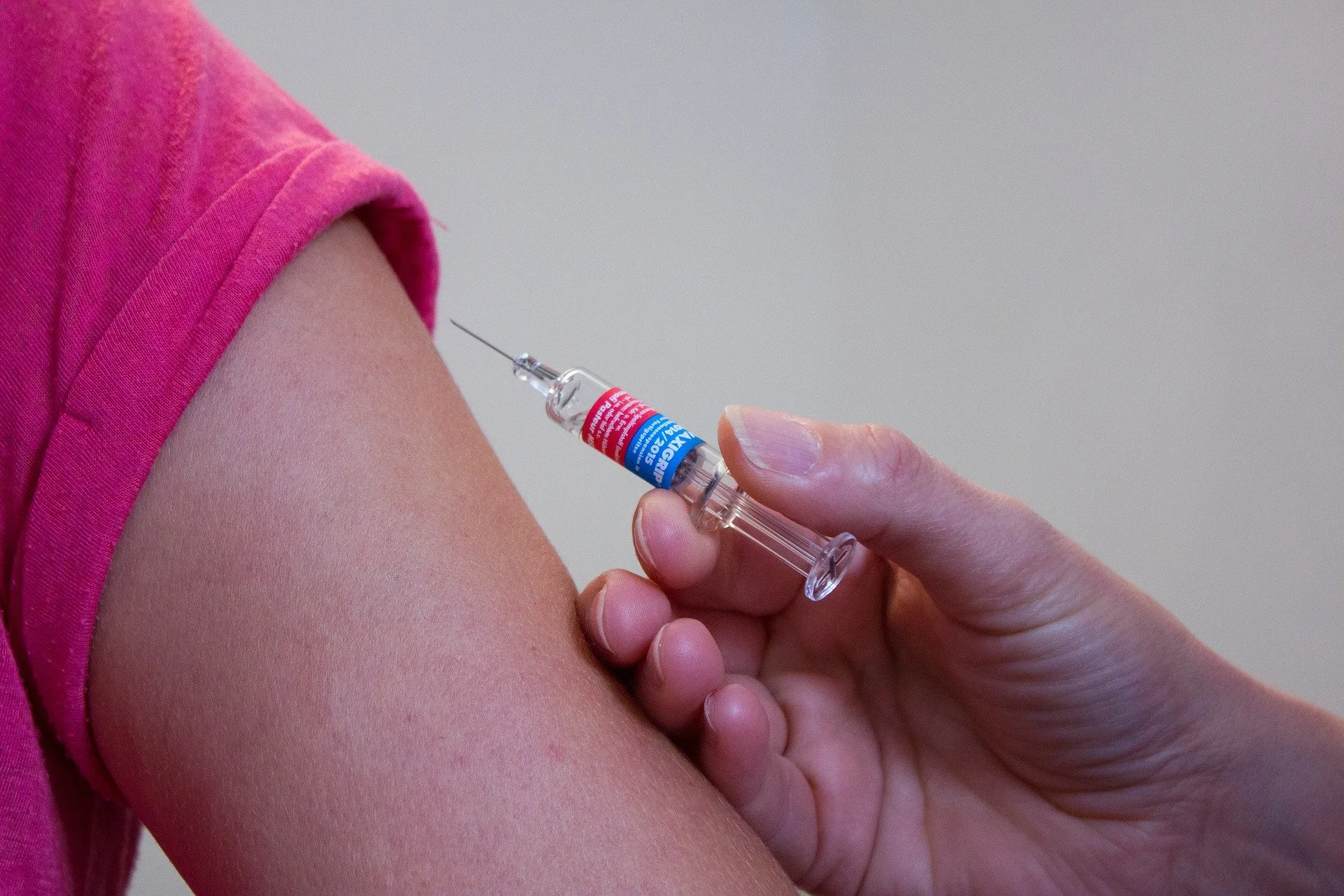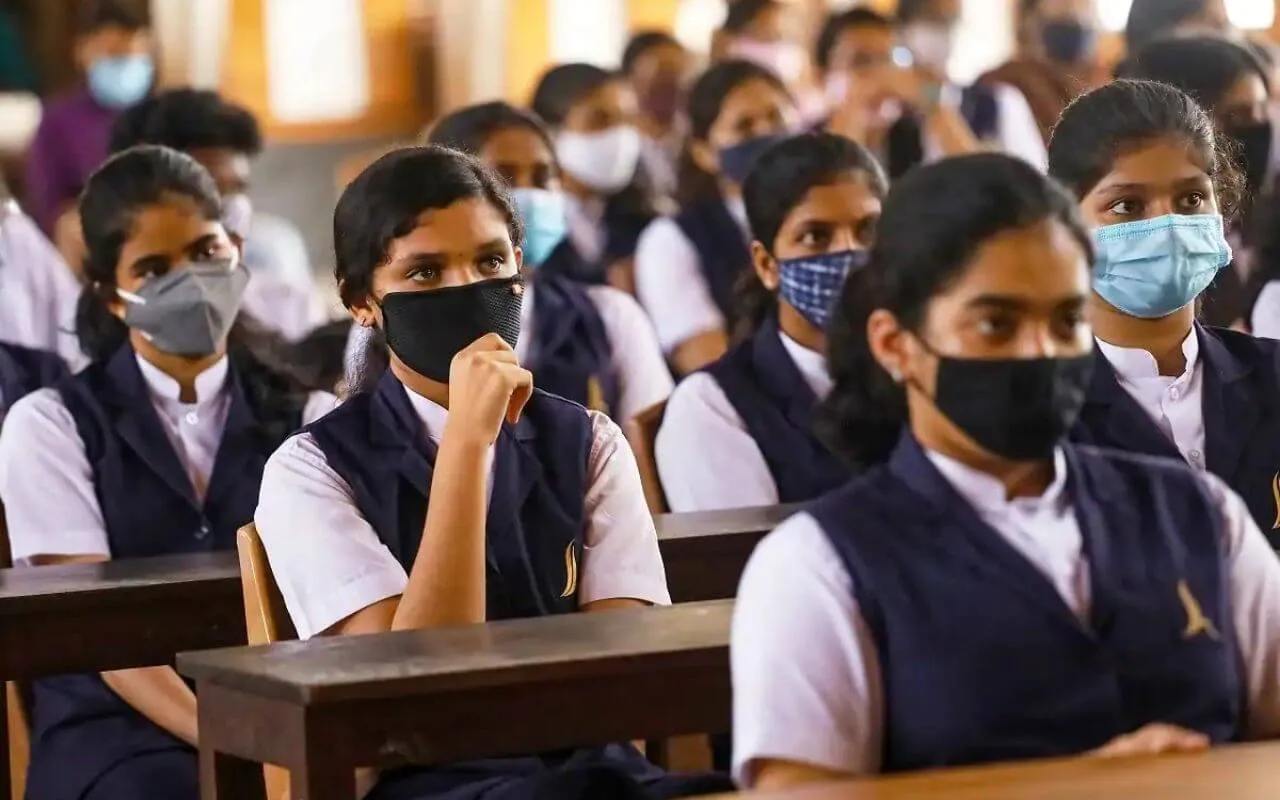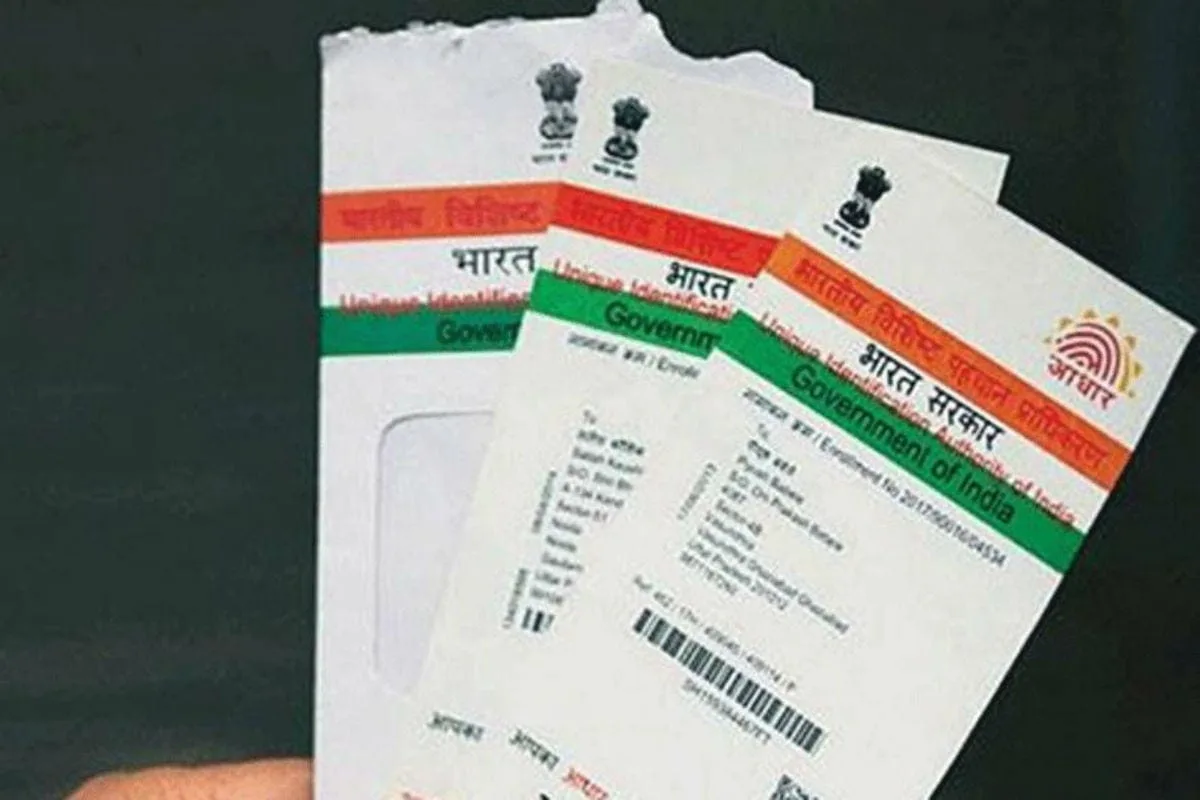There is a new law passed in Chicago wherein the free Condoms will be made available at schools teaching grade 5th and above from this academic year. This comes after the people in Chicago realize how important it is for students to learn about sex education from an early stage.
According to a new policy, which the CPS Board of Education signed in December, schools must “maintain a condom availability program” for grades 5 and up to protect against “sexually transmitted diseases, including HIV infection, and unintended pregnancy.”
The CPS Board of Education did pass the new policy back in December 2020. As per the new policy, schools that will actually teach grades five and up will be required to maintain a “condom availability program.”
“Essentially what we want to do is make condoms available to students for if and when they think they need them,” Kenneth Fox, a famous doctor for Chicago Public Schools, told the Sun-Times. “… When you really don’t have those protections and don’t make those resources available, then bad stuff easily happens to young people. You have elevated risks of sexually transmitted infections, of unintended pregnancies, and that’s very preventable stuff.”
“Young people have the right to accurate and clear information to make healthy decisions,” said Fox, according to the Chicago Sun-Times. “And they need access to resources to protect their health and the health of others as they act on those decisions.”
While this being said, in India there is no such education. If not children, even adults are not given any such education and only learn about it themselves. This is a life process and everyone should learn about it from the school itself along with other things that are taught in schools and colleges.
This is actually the best way to make the next generation to be more aware of the things around them.
The district also described its sex education as “medically accurate” and “age-appropriate,” with the goal of teaching “consent and healthy relationships, anatomy and physiology, puberty and adolescent sexual development, gender identity and expression, sexual orientation and identity, sexual health, and interpersonal violence,” according to the policy.
Students from Pre-K through 12th grade will be required to participate in sex education lessons unless a parent or guardian provides a “written objection.”
According to the Chicago Sun-Times report, the sex education curriculum will include lessons on puberty, hygiene, gender identity, relationships, sexual harassment, birth control, abstinence, and prevention of sexually transmitted diseases.
Fox said he does not believe kids will experience any adverse effects, according to the Chicago Sun-Times.
The purpose according to the Chicago Board is as follows: The purpose of this policy is to create a comprehensive approach to sexual health education that is applied consistently throughout the District. This Policy reflects the Board’s commitment to ensure that the District’s comprehensive family life and sexual health education programming:
● is aligned with the National Sexuality Education Standards: Core Content and Skill; second edition;
● is medically accurate;
● is culturally, developmentally, linguistically, and age-appropriate;
● provides strategies to support all students that are inclusive of gender identity, gender expression, sexual orientation, sexual behavior, race, and disability;
● is guided by anti-racist pedagogy;
● provides a focus on health promotion and risk reduction within the context of the world in which students live;
● is consistent with State laws enacted to address the need for students to receive comprehensive health education.
In addition, schools are ordered to provide information about accessing “confidential reproductive and sexual health services,” including abortion, transgender health services, contraceptives, prenatal care, adoption, mental healthcare, and HIV and STI screenings and treatments.














